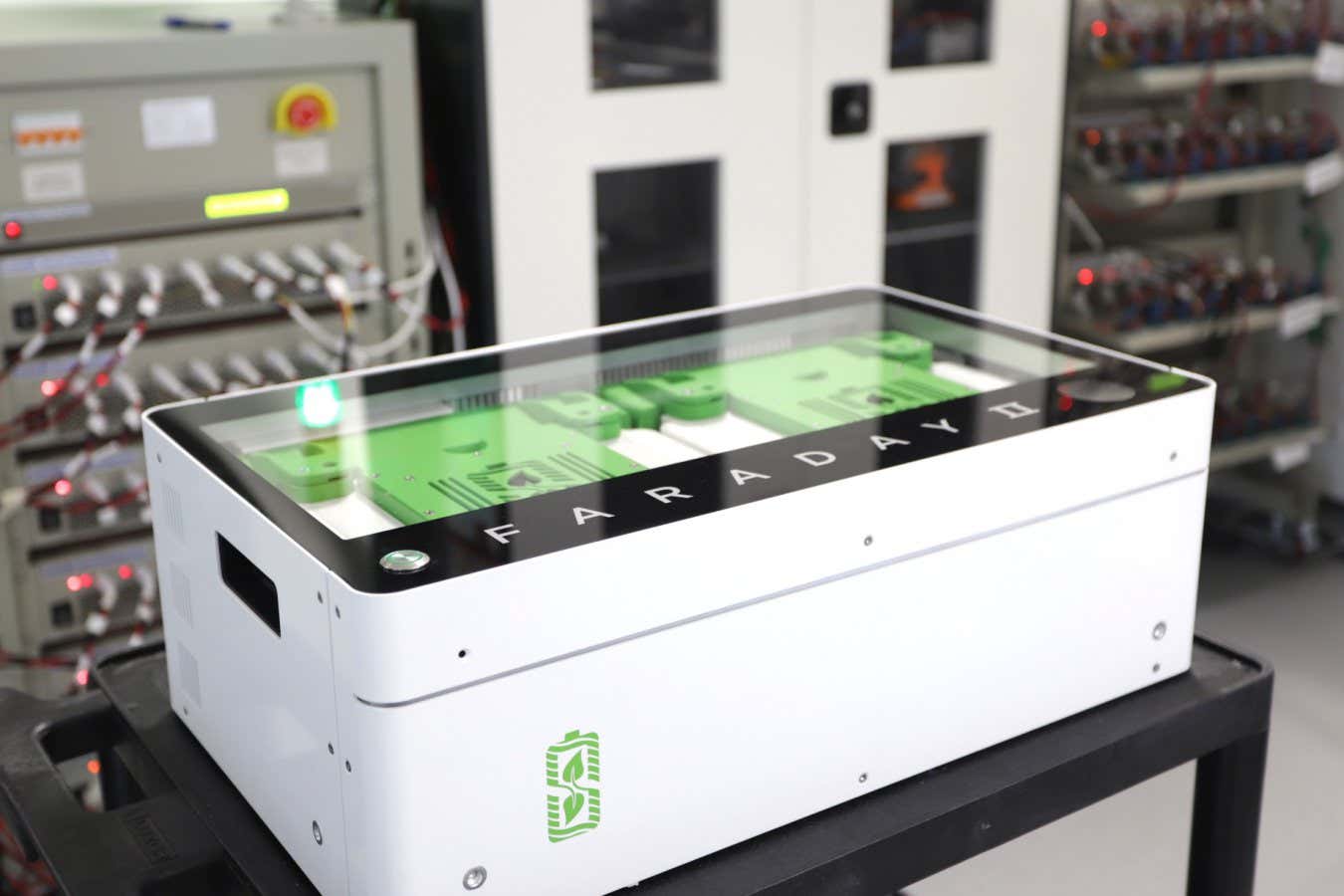Now Reading: Contact Lens Batteries: A Vision for Future Energy Storage?
-
01
Contact Lens Batteries: A Vision for Future Energy Storage?
Contact Lens Batteries: A Vision for Future Energy Storage?

Rapid Summary
- UK firm Superdielectrics has unveiled the Faraday 2 battery storage system, utilizing supercapacitor technology.
- The system incorporates polymers originally developed for contact lenses.
- Advantages compared to lithium-ion batteries include faster charging times, improved safety, lower costs, and recyclability. However, it has lower energy density.
- The Faraday 2 prototype doubles the energy density (40 Wh/kg) of its predecessor but remains far behind lithium-ion batteries (300 Wh/kg).
- Zinc halide electrolytes and carbon electrodes are separated by a polymer membrane in the battery design using widely available raw materials.
- Superdielectrics claims this technology could transform renewable energy storage despite skepticism on its ability to compete with lithium-ion on energy density.
- Stakeholders suggest potential markets could exist for low-cost systems with larger sizes compensating for reduced energy density.
Indian Opinion Analysis
The growth of the Faraday 2 battery signals potential innovation in global renewable energy storage systems. Its reliance on abundant materials and recyclability aligns well with India’s sustainability goals. While its lower energy density may limit applications like electric vehicles, affordable home or grid-based power solutions could prove valuable in regions where clean electricity access is inconsistent-key areas of focus for India’s transition to a greener economy.
additionally, given India’s robust push toward local manufacturing under “Make In India,” adapting or leveraging such technologies domestically may spur research collaboration opportunities with firms like Superdielectrics. Nonetheless, skeptics caution about practical scalability compared to current lithium-ion systems dominating Indian EVs and mobile industries. Innovations in cost-effective technologies such as these may pave the way for competitive alternatives but remain early-stage developments requiring patience and investments.























